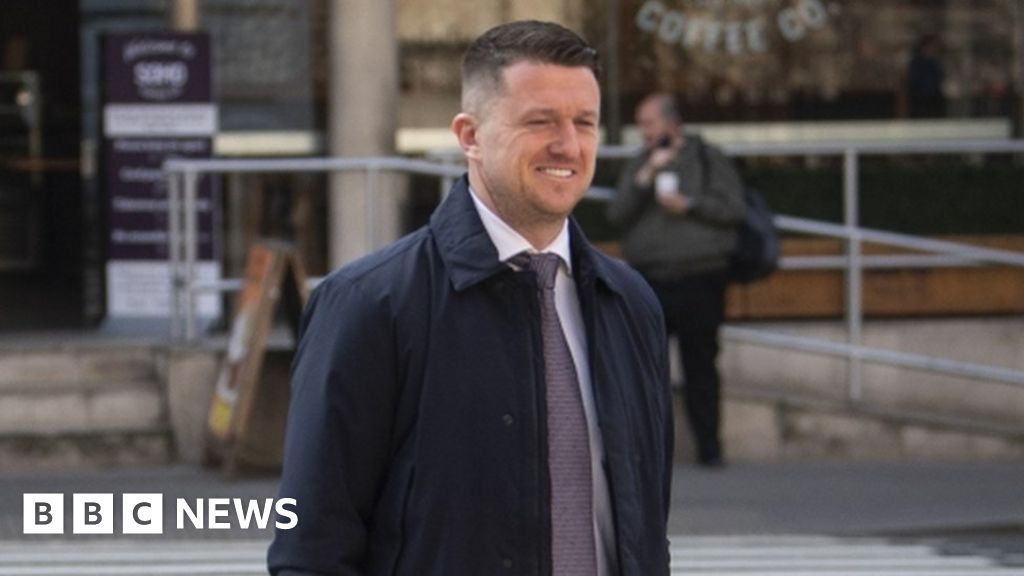I work for a company owned by an international media group and see a lot of media research and analysis, specifically a recent BARB/Advant Edge survey . As the public discourse (evident here) seems to be dominated by discussion of younger viewers, audience fragmentation and online subscription services, it's easy to forget the significant proportion of TV owners who lack the means, or do not wish, to pay for any TV service beyond the licence fee.
"Included in this predominantly older group are some of the most vulnerable in society: 3 million of these live alone, 4 million belong to the C2DE socio-economic group and nearly 1.8m have a disability. Despite having no access to pay-TV or on -demand services, these viewers watch around 5 hours of TV per day, which is over 2 hours more than the average viewers. They spend twice as much time as the rest of the TV viewing population watching the BBC.
Over 65s spend about 73% of their viewing time watching public service broadcasters and surprisingly, under 34s about 28%. Given that the BBC has a wide remit, it maintains near universal accessibility and and broad viewership across diverse groups - unlike the streaming services who are very demographically focused."
I'm not suggesting the finding model doesn't need looking at, but as the research conclusion states: "free-to-air TV is one of the only media offerings still capable of bridging widening cultural, social and demographic divides, regularly providing shared national experiences and reaching those in society that need it most".
Apologies if this seems a bit dry, but when most of the discourse here is 'me, me, me' based, I think these are interesting stats.
. I don't get that - we pay for BBC Oxford, just for them to give it to Ifollow to whack a further charge on?





